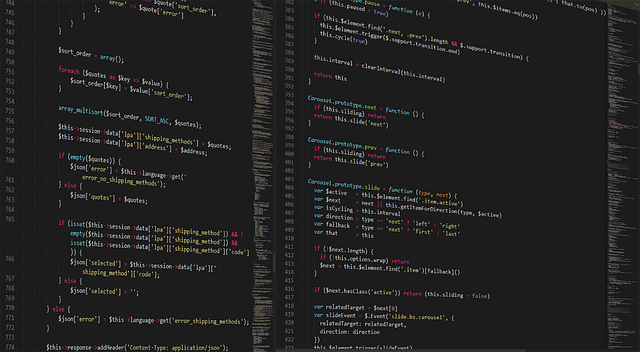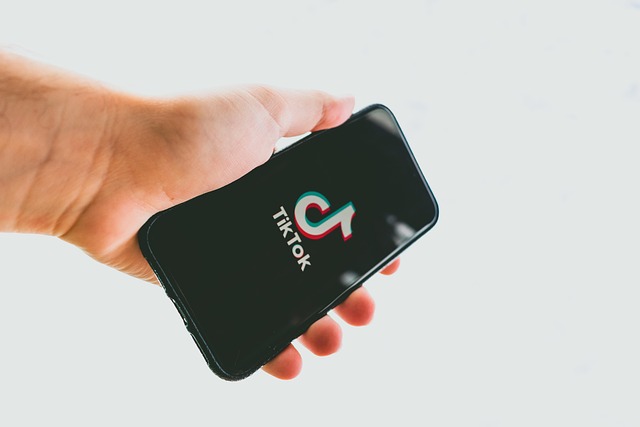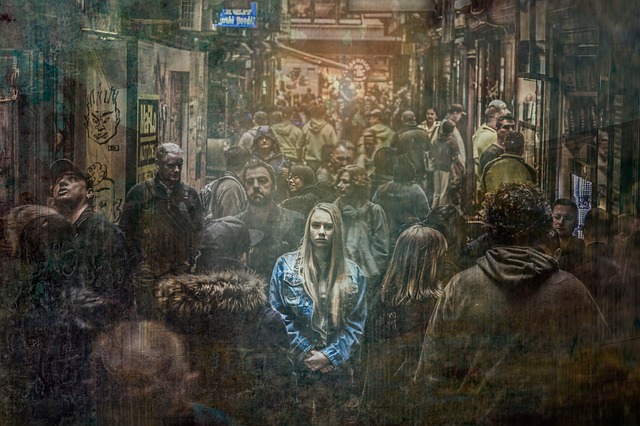The rapid rise of social media has transformed the landscape of human interaction, altering the way we build and maintain relationships in ways we never imagined. In an era defined by digital development, understanding the intricacies of our online engagements is crucial for cultivating healthy relationships.
Social media platforms have created a double-edged sword in the world of relationships. On one hand, they serve as a bridge, connecting us with friends, family, and even acquaintances across the globe. We can instantly share moments of joy, seek advice during tough times, and engage in lively discussions that might not have been possible otherwise. The convenience of staying in touch has brought many people closer, allowing for the rekindling of old friendships and the formation of new bonds.
However, the impact of social media isn’t entirely positive. With the influx of information and constant connectivity, relationships can become superficial, and genuine emotional connections may get overshadowed. The curated nature of social media profiles often leads to unrealistic comparisons, which can foster feelings of inadequacy or jealousy among friends and partners. It’s easy to forget that what we see on our screens is often a highlight reel—far removed from the complexities of real-life experiences.
Moreover, the pressures of social media can strain our relationships. The constant need for validation through likes and comments can put an undue burden on individuals, creating anxiety and affecting self-esteem. Communication can become fragmented, as many prefer texting or messaging rather than face-to-face conversations. This shift might lead to misunderstandings and a lack of authentic connection, which are vital components of any healthy relationship.
As we navigate this digital landscape, it’s essential to remain mindful of how we engage on social media. Establishing boundaries, such as designated device-free times with loved ones, can help foster deeper connections. Being aware of the content we consume and share is equally important—choosing to uplift and support rather than compare and criticize can shift the narrative towards a more positive community.
In this age of digital development, the challenge lies in finding a balance between our virtual and real-life interactions. We must strive to cultivate connections that are not only meaningful but also support our emotional well-being. By taking a step back and evaluating our online behavior, we can work towards building stronger, more resilient relationships that thrive, regardless of the digital landscape surrounding us.




